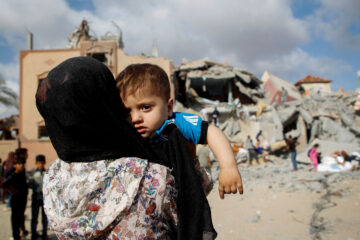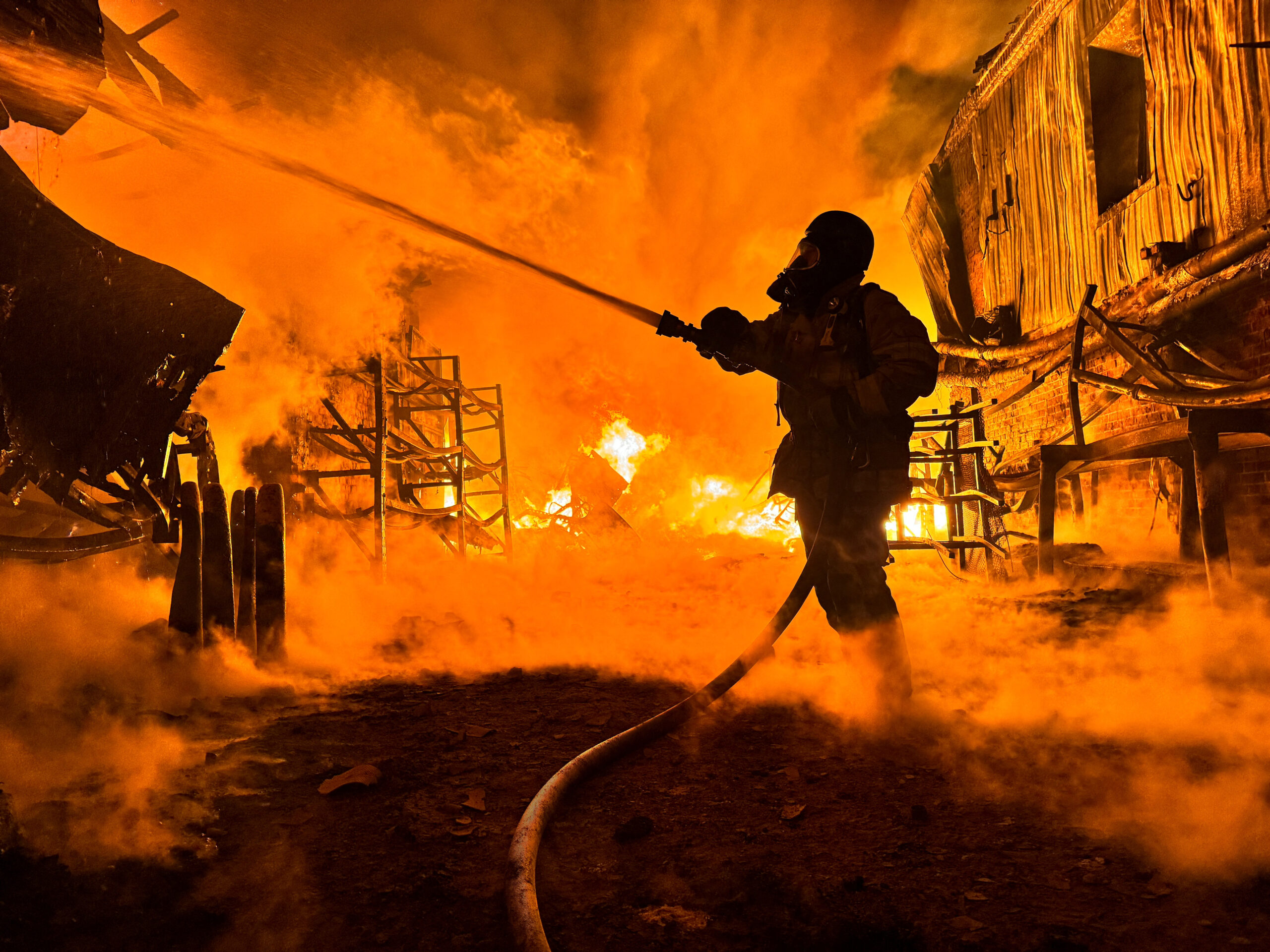Fresh hopes for Chibok girls as rescued student meets Buhari
The first of 219 abducted Chibok schoolgirls to be found after more than two years in Boko Haram captivity on Thursday met Nigeria\’s President Muhammadu Buhari, with hopes raised more of the girls can be freed.
Amina Ali, who was discovered by civilian vigilantes and troops on Tuesday, flew from the Borno state capital, Maiduguri, in northeast Nigeria, to the capital, Abuja, with her mother, Binta.
Both covered their faces with headscarves as they walked into the president\’s office at his official Aso Rock residence, according to an AFP reporter at the scene.
They were accompanied by Borno state governor Kashim Shettima and federal government officials, including the national security advisor, defence minister and chief of defence staff.
Boko Haram fighters seized 276 girls from the Government Girls Secondary School in the remote Borno town of Chibok on April 14, 2014. Fifty-seven escaped in the hours that followed.
The abduction provoked global outrage and brought worldwide attention to the conflict but until Amina\’s release, there were few indications of the girls\’ whereabouts or possible release.
Community leaders said she told her relatives at a brief reunion at the family home in Mbalala, near Chibok, that most of the girls were still being held in Boko Haram\’s Sambisa Forest enclave.
But the 19-year-old was quoted as saying that "six were already dead".
Nigeria\’s military has been conducting operations in the former game reserve for weeks in the hope of flushing out militants and destroying Islamist camps in the sprawling semi-desert scrubland.
The abducted girls have long been thought to have been taken to the forest. Satellite imagery provided by the United States and Britain reportedly identified the location of some of the students.
But Britain\’s former ambassador to Nigeria, Andrew Pocock, claimed in a Sunday Times article in March that Nigeria\’s military failed to act on the intelligence.
Former president Goodluck Jonathan\’s delayed response to the abduction and overall handling of the insurgency was seen as a major factor in his election defeat to Buhari last year.
Amina was brought to Maiduguri by air force helicopter from Damboa 90 kilometres (56 miles) away with her four-month-old baby and a man she said was her husband, according to the military.
"Prior to that they were examined at (an) air force medical facility and were found to be stable and normal blood pressure was observed," said army spokesman Colonel Sani Usman.
Senior officers handed her over to the care of governor Shettima. In photographs, Ali appeared tired and thin, as she held the baby, named Safiya, in her arms and apparently received medical care.
In another, her purported husband, identified by the military as "suspected Boko Haram terrorist" Mohammed Hayatu, cradled the infant on a hospital bed.
Usman said he was "undergoing further investigation at (the) Joint Intelligence Centre" and was being "well-treated".
Boko Haram has used kidnapping as a weapon of war in the conflict, which has killed at least 20,000 people, forced 2.6 million from their homes and devastated the northeast since 2009.
Young women and girls have been forced to marry rebel fighters, becoming sex slaves and even suicide bombers in the group\’s campaign for a hardline Islamic state.
Men and boys have also been seized and forcibly conscripted into the militants\’ ranks.
The discovery of Amina has boosted hopes among campaigners that the remaining 218 girls will soon be found and reunited with their families.
But with several thousand women and young girls thought to have been kidnapped by Boko Haram and hundreds found over the last year, there were calls for more to be done to support the victims.
"There are quite simply no formal programmes in place for women and girls who escaped or were rescued from Boko Haram to access specialised healthcare or to reintegrate back into society," said Francisca Vigaud-Walsh, from Refugees International (RI).
"On the contrary there is a seemingly arbitrary and haphazard approach to dealing with these women and girls."
Vigaud-Walsh, RI\’s senior advocate for women and girls, the UN children\’s agency and others highlighted in particular the lack of facilities for victims of sexual violence and psychological services.
Northern Nigeria, which is largely Muslim, is deeply conservative and there have been reports that kidnap victims have been shunned on their return home.
UN rights experts said in January there was an "urgent and pressing need for effective measures to address stigma, ostracism and rejection of women and children" because of their abduction.
SOURCE: AFP
[do_widget_area inner_adsbar]









